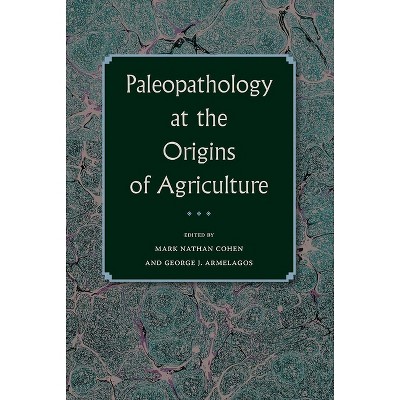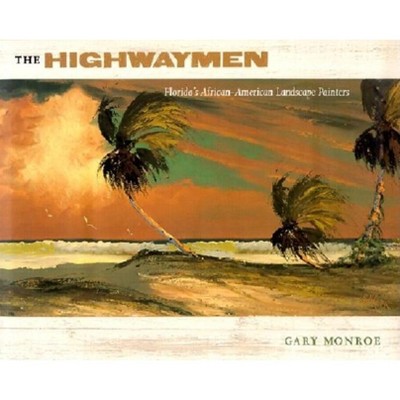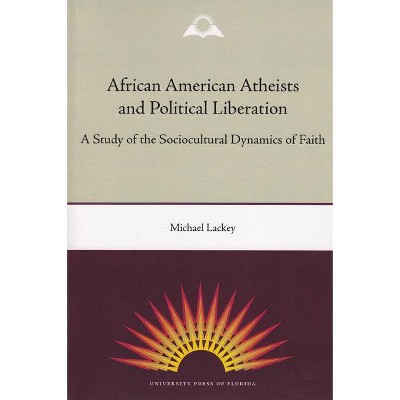$24.95 when purchased online
Target Online store #3991
About this item
Highlights
- "Majestic.
- About the Author: W. Jason Miller is associate professor of English at North Carolina State University.
- 260 Pages
- Literary Criticism, American
Description
Book Synopsis
"Majestic. Grounded in astute interpretations of how speech acts function in history, this book is an exemplary model for future inquiries about the confluence of thought, poetry, and social action."--Jerry Ward Jr., coeditor of The Cambridge History of African American Literature "A vade mecum for those interested in the cultural ingredients, the political values, and the artistic sensibilities that united Langston Hughes and Martin Luther King Jr. in spirit, thought, and outlook. Masterfully conceived, meticulously researched, and gracefully written, this book breaks new ground."--Lewis V. Baldwin, author of There Is a Balm in Gilead: The Cultural Roots of Martin Luther King, Jr. "Archival material is spotlighted in Miller's exploration of the ways Martin Luther King Jr. enlarged the appeal of his rhetoric by using poetry in his speeches. Readers will emerge with a greater appreciation of both King and Langston Hughes."--Donna Akiba Sullivan Harper, editor of The Later Simple Stories (The Collected Works of Langston Hughes, Volume 8) "Miller's study provides an original, engaging and provocative thesis that explores the hitherto unexplored links between two twentieth century African American icons."--John A. Kirk, editor of Martin Luther King, Jr. and the Civil Rights Movement: Controversies and Debates For years, some scholars have privately suspected Martin Luther King Jr.'s "I Have a Dream" speech was connected to Langston Hughes's poetry, and the link between the two was purposefully veiled through careful allusions in King's orations. In Origins of the Dream, W. Jason Miller lifts that veil to demonstrate how Hughes's revolutionary poetry became a measurable inflection in King's voice, and that the influence can be found in more than just the one famous speech. Miller contends that by employing Hughes's metaphors in his speeches, King negotiated a political climate that sought to silence the poet's subversive voice. He argues that by using allusion rather than quotation, King avoided intensifying the threats and accusations against him, while allowing the nation to unconsciously embrace the incendiary ideas behind Hughes's poetry.Review Quotes
"Shows how the relationship between King and Hughes is part of a larger tradition in African American rhetoric of community, indirection, and cultural reinvention. . . . Reminds us of how marginalized groups remodel and subvert communication patterns in order to have their voices heard and make them matter in the mainstream."--American Literary History "A welcome addition to African-American studies." --Florida Times Union
About the Author
W. Jason Miller is associate professor of English at North Carolina State University. He is the author of Langston Hughes and American Lynching Culture.Dimensions (Overall): 9.0 Inches (H) x 6.0 Inches (W) x .6 Inches (D)
Weight: .87 Pounds
Suggested Age: 22 Years and Up
Number of Pages: 260
Genre: Literary Criticism
Sub-Genre: American
Publisher: University Press of Florida
Theme: African American
Format: Paperback
Author: W Jason Miller
Language: English
Street Date: March 1, 2016
TCIN: 85062371
UPC: 9780813062006
Item Number (DPCI): 247-45-7265
Origin: Made in the USA or Imported
Shipping details
Estimated ship dimensions: 0.6 inches length x 6 inches width x 9 inches height
Estimated ship weight: 0.87 pounds
We regret that this item cannot be shipped to PO Boxes.
This item cannot be shipped to the following locations: American Samoa (see also separate entry under AS), Guam (see also separate entry under GU), Northern Mariana Islands, Puerto Rico (see also separate entry under PR), United States Minor Outlying Islands, Virgin Islands, U.S., APO/FPO
Return details
This item can be returned to any Target store or Target.com.
This item must be returned within 90 days of the date it was purchased in store, shipped, delivered by a Shipt shopper, or made ready for pickup.
See the return policy for complete information.












